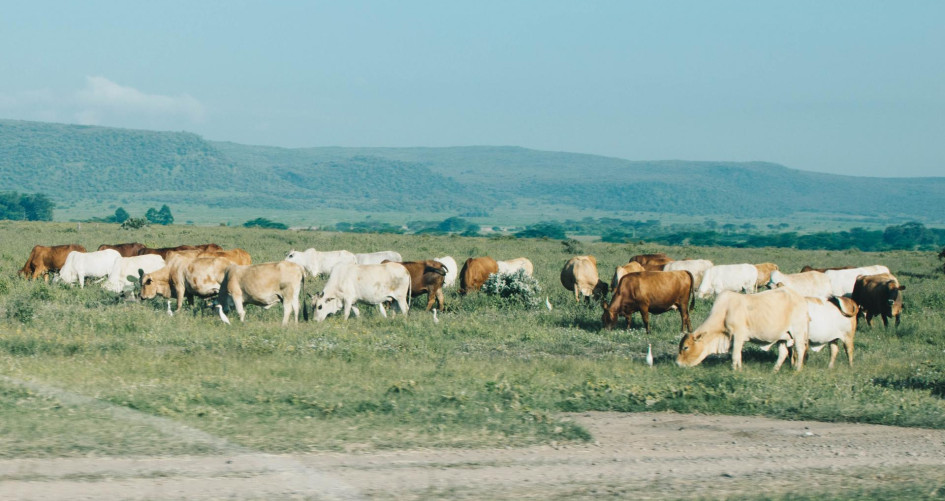SB 56 continued to consider issues related to agriculture, including through the consideration of the report on the intersessional workshop, part 1 on sustainable land and water management, including integrated watershed management strategies, to ensure food security, as well as part 2 on strategies and modalities to scale up implementation of best practices, innovations and technologies that increase resilience and sustainable production in agricultural systems according to national circumstances. Drawing from this workshop report, the SBSTA and SBI agreed on a number of substantive points. For instance, they noted that implementing sustainable approaches can render multiple benefits for society, such as improved water quality, higher biodiversity and increased soil organic matter, and noted the value of incorporating diversification, recycling and efficiency, and supporting synergies within agriculture systems. The SBSTA and the SBI also recognized the importance of increased access to international resources, such as finance, capacity-building and technology development and transfer, from a variety of sources to implement these approaches.
SBSTA and SBI also exchanged on possible elements for a draft decision for consideration and adoption by the Conference of the Parties at its twenty-seventh session. Under their own responsibility, co-facilitators prepared an informal note on possible elements for the joint SBI and SBSTA report to the Conference of the Parties at its twenty-seventh session on the progress and outcomes of the work referred to in decision 4/CP.23, paragraph 1, on the basis of Parties’ views. SBSTA and SBI mentioned this note in their conclusions, noting that the informal note does not reflect consensus or all options that may be considered by Parties.
Further information on the workshop is available on the workshop websites for part 1 and part 2.
Further details on the outcome of the session are included in the SBSTA and SBI conclusions.

